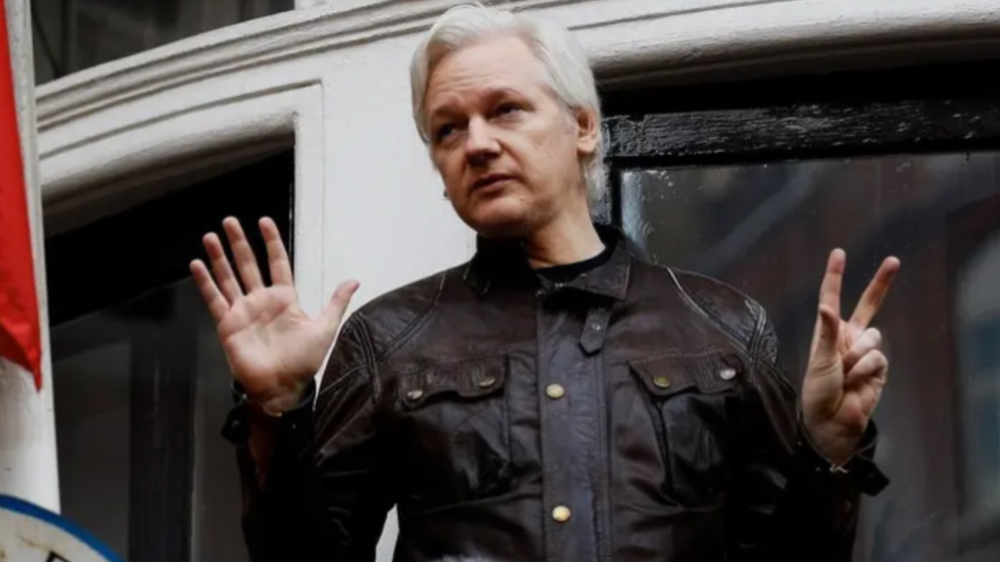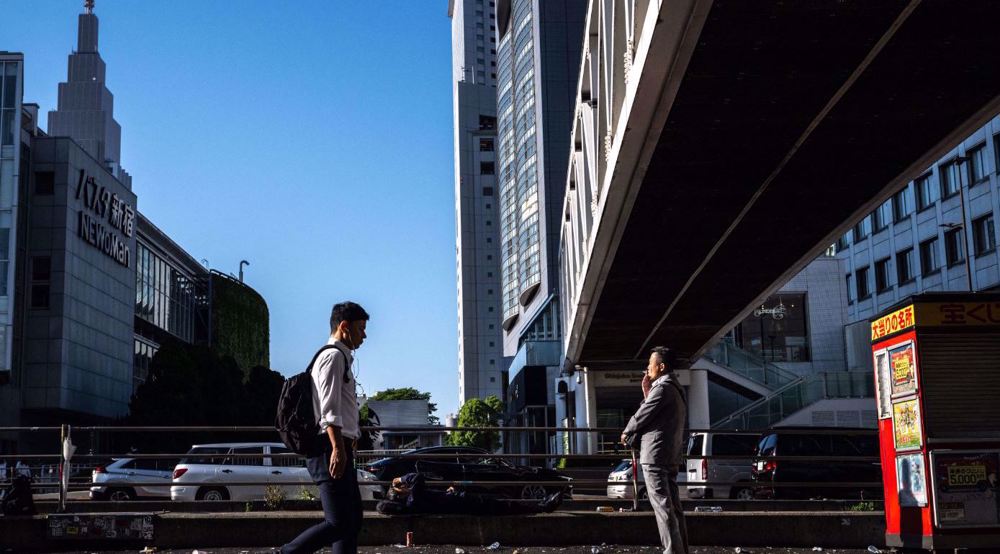Tough security law goes into effect in Malaysia amid scandal
Malaysia has enacted a tough new security law, drawing fresh criticism from those who say the "draconian" legislation could be used against opponents of the scandal-tainted premier.
The National Security Council Act was put into effect on Monday after being pushed through the parliament by the government of Prime Minister Najib Razak in December.
The legislation gives the government power to declare virtual martial law in areas deemed to be under "security threat."
Critics accuse Najib and his government of enacting the law and other tough measures in order to intimidate those trying to challenge him legally or politically.
For more than a year, Najib has been facing calls to resign over a huge alleged corruption scandal involving Saudi rulers.
Under the new law, a council led by Najib can declare a state of emergency and impose curfews in areas deemed to be under a security threat.
The legislation also gives security forces wide powers of arrest, search and seizure without a warrant.
Meanwhile, Human rights group Amnesty International has said that the new law "empowers the Malaysian authorities to trample over human rights and act with impunity."
"With this new law, the government now has spurned checks and assumed potentially abusive powers," Josef Benedict, Amnesty's Deputy Director for South East Asia and the Pacific, said in a statement.
Last week, the UN human rights regional office said it was "gravely concerned" that the law may encourage human rights violations and lead to "unjust restrictions" on free speech and assembly.
Najib has been dogged for months by embezzlement investigations involving state investment fund 1MDB, which he founded in 2009.

The scandal was revealed in The Wall Street Journal last year, prompting the US Justice Department to confiscate more than $1 billion in assets it says were purchased with money stolen from the 1MDB.
The magazine revealed in early July that about $700 million had been transferred to Najib’s private accounts before the 2013 general elections.
Malaysian judiciary authorities have cleared Najib of any criminal wrongdoing in the case, saying the money was from donations from the Saudi royal family.
Critics have dismissed the ruling, arguing that the transfer of personal donations did not rule out corruption.
Saudi Foreign Minister Adel al-Jubeir said in April that the $681 million Riyadh offered to the Malaysian premier was a “genuine donation with nothing expected in return.”
Leaders from across Malaysia's political spectrum called for the ouster of Najib after he returned from a four-day visit to Saudi Arabia back in March.
The Malaysian premier came into office in 2009 promising a government free of corruption and a more relaxed rule.
VIDEO | Press TV's news headlines
US pressuring Hamas to accept Israeli proposal: Hamdan
VIDEO | Netanyahu under pressure
VIDEO | An insider's view of Iran: Kerman and the Qajar Bathhouse
VIDEO | Pro-Palestinian protesters march ahead of French snap vote
Israeli warplanes carry out ‘mock air raids’ over Beirut: Report
Spain intervenes in South Africa's genocide case against Israel
VIDEO | Iran's presidential vote and significance of the elections















 This makes it easy to access the Press TV website
This makes it easy to access the Press TV website